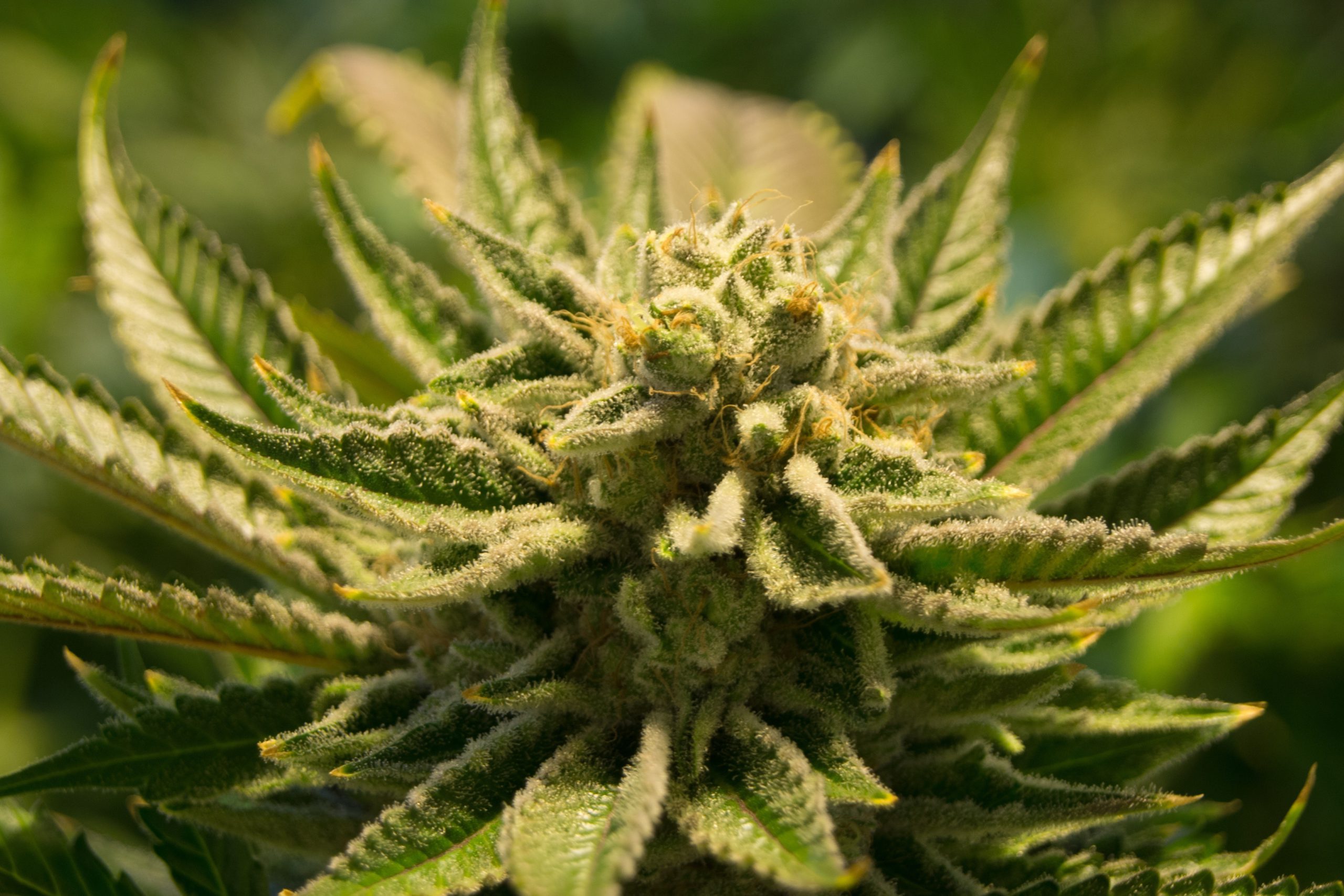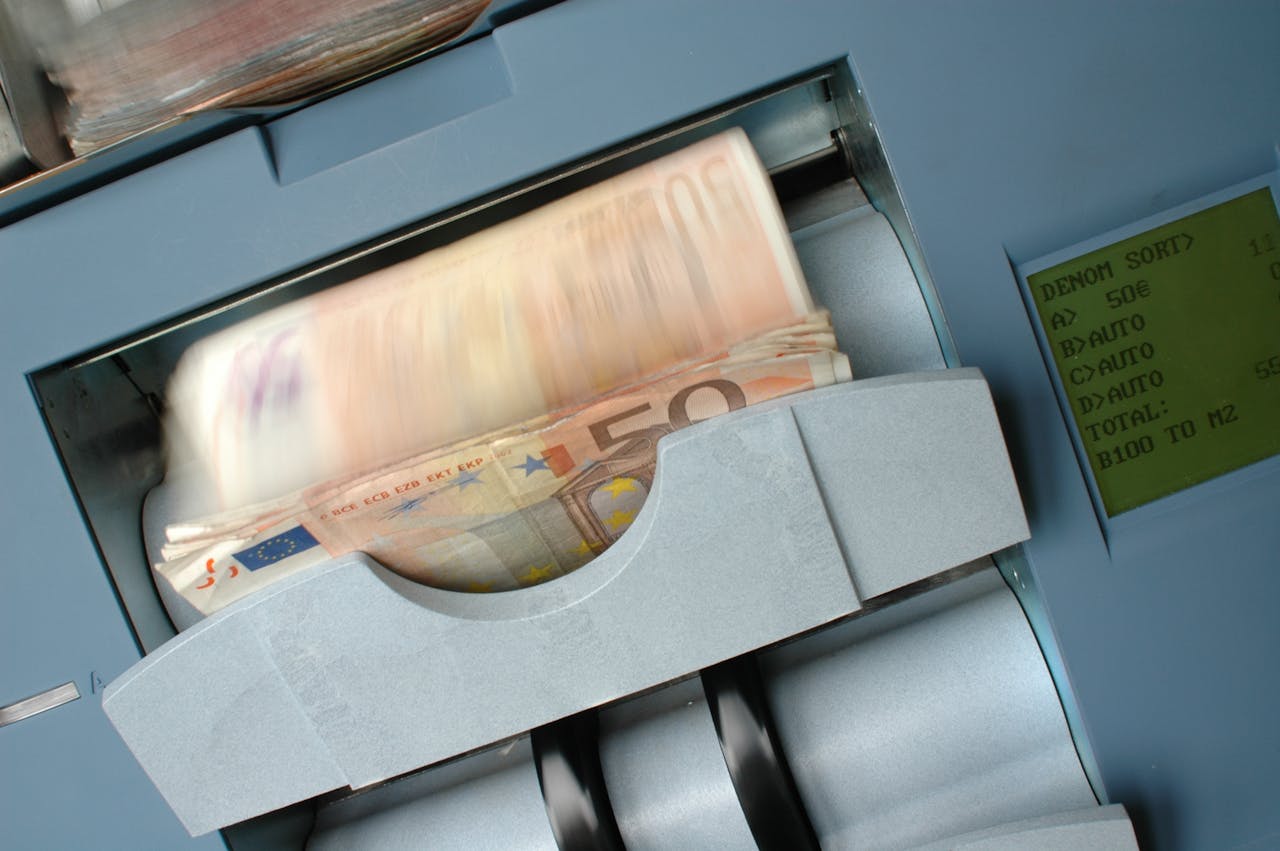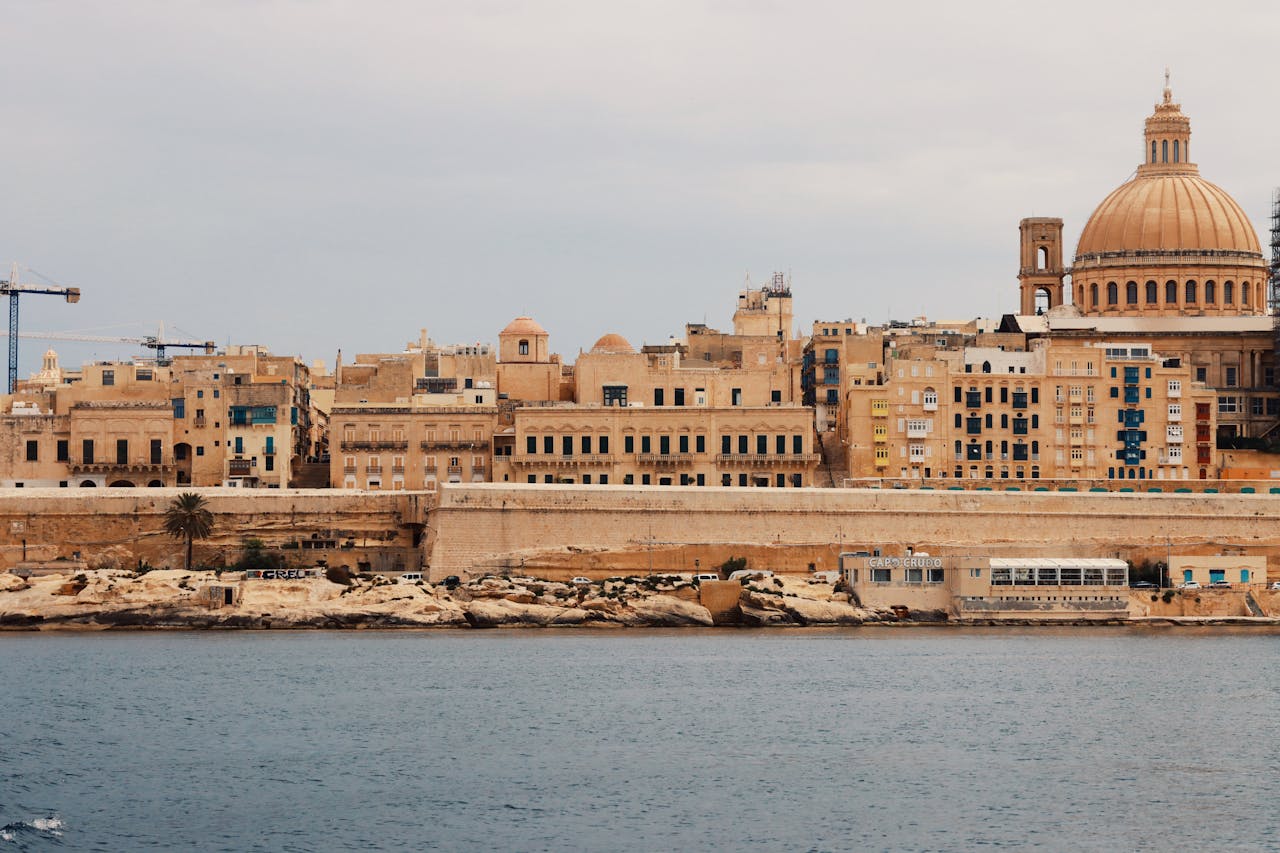Cannabis reform remained an arduous sphere to navigate in Malta for various years, but the introduction of prescription medical cannabis in 2018 has paved the way for discussions of how can laws be used as an instrument towards a fairer system.
The changes proposed by the recently put forward white paper are not only guided by pressures from the civil society but also due to legislative developments throughout the EU leading to new jurisprudence calling for progressive amendments to the legal framework and for Malta to maintain its obligation of compliance with European Courts’ rulings.
An increase from the current personal limit of 3.5 grams to seven grams is being suggested, with individuals no longer liable to legal proceedings or penalties unless there is a reasonable suspicion of trafficking, sale, import or export. Moreover, persons in possession exceeding these limits but below 28 grams would now have to appear before the Commissioner for Justice instead of facing charges.
The Government is opting for the decriminalisation of personal responsible recreational use as opposed to a de-penalised system, ensuring that cannabis consumers are no longer hounded by local law enforcement agents or end up in prison for nominal amounts. The replacement of criminal punishment with an administrative fine, together with the redirection of individuals from the penal justice to the Commissioner of Justice mitigates stigmatisation deriving from arrests. This will also lead to a reallocation of policing sources and focus towards major crimes and large-scale trafficking whilst decreasing caseload on the courts. Moreover, taxpayers’ money will no longer be misused through judicial proceedings.
Another introduction is the authorisation for the cultivation of up to four plants for personal use, which up till now was not permitted.
The consumption in one’s own personal abode reduces market monopoly by organised gangs, increases user safety, diminishes the need to resort to illicit sources and also shields the market from excessive commercialisation within a controlled sector. The legal duty imposed for consumption limited within residences keeps up with the Government’s desire to not set in motion the establishment of coffee shops or cannabis clubs.
The White Paper also envisions the expungement of criminal records, with the law proposed to be retroactive and to act as an amnesty law in mitius exempting persons found breaching the present laws. Unfortunately, no mention is made to current prisoners serving time for cultivation or possession of cannabis, which under the proposed system would be perfect law-abiding citizens.
The Government does not shy away from admitting the potential health risk deriving from consumption, maintaining its obligation to always safeguard the overall wellbeing of the locals. It is of utmost importance that a zero-tolerance attitude towards driving under the influence of cannabis is put into place. Education campaigns aimed at all age cohorts should advocate an inclusive and non-judgemental approach, with a view on how those impacted negatively from the former system will be integrated back into society. One must also question what will be the extent of the remit of the newly established Cannabis Authority and whether the administrative fines should be used in the financing of drug awareness campaigns.
The Government must be commended for taking a holistic approach through a bold policy encompassing the promotion of social equity relying on civil responsibility and the common-good approach. PKF Malta is following closely the progression of these new amendments and offers to engage with stakeholders involved to ensure that the changes are efficiently implemented to be fair and equal with all.
What if we blend iTunes, Uber & Netflix into banking?
Instant payments, T+1, and AI. Like iTunes, Uber and Netflix for finance!
Devising an Equity Market Development Programme
The equity market suffers from chronically thin trading volumes especially in the aftermath of the pandemic
Funding national projects
How can capital markets be used to diversify the funding sources of long-term national development projects







